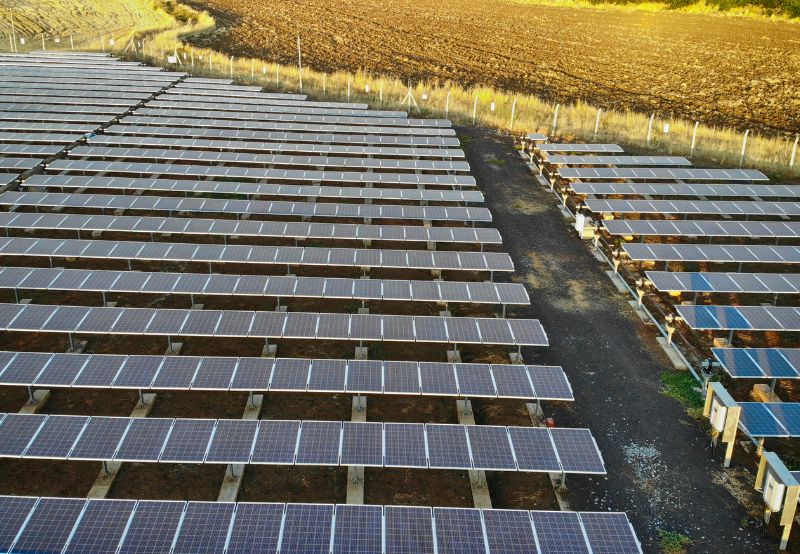First climate finance conference in Israel hears call for more government steps and action by individuals, warnings to business not to be left behind.
The most effective way for individuals to fight climate change is not to recycle more or fly overseas less, but to ensure that one’s pensions, provident funds, training funds and insurance policies are invested in ways that help rather than destroy the environment, Israel’s first conference on financing the battle against the climate crisis heard this week.
“The climate crisis is a political and macroeconomic issue,” Oren Kaplun told the Tuesday event. Kaplun helped found and runs the Clean Money Forum and ENVA, which rank institutional investors on environmental and social aspects of their spending.
Institutional investors in Israel manage some NIS 2.8 trillion ($745 billion) of citizens’ long-term savings to guarantee them a secure future, Kaplun continued. Yet, 8.3 percent of the funds — the equivalent of a month’s savings annually– were being invested in fossil fuels, deforestation and polluting industries, and sectors such as gambling, pornography, and tobacco.
The good news, he went on, was that half of current investments in these long-term savings schemes could be moved to cleaner, more ethical funds that would also generate higher returns.
It was critical to make people more aware of their ability to influence how their money was invested, added Noga Levtzion Nadan, who founded Greeneye and Value², companies focused on responsible investment, and ESG, a tool for measuring a company’s environmental and social impact as well as the quality of its governance.
“There’s a feeling that if I do nothing, I’m neutral,” she explained. “But if we don’t move our money either to non-fossil fuel [investments] or to responsible investments, we are in practice doing the opposite. If we do nothing, our money is still somewhere.”
The confab, which is to become annual, was held at Ben-Gurion University in southern Israel and organized by the university’s School of Sustainability and Climate Change, in partnership with the Foreign Ministry and the state’s climate envoy, Gideon Behar.
Environmental campaigner Yoni Sappir noted that nearly 4,000 climate change-driven extreme weather events between 2014 and 2024 had resulted in cumulative losses to the global economy of some $2 trillion. He cited recent research by the Network for the Greening of the Financial System (a group of central bank officials and financial supervisors) that warned of potential global GDP losses of 30% by 2100 if business continued as usual.
State Comptroller Matanyahu Englman, who opened the conference, also highlighted fossil fuel subsidies, saying the Israeli government was spending roughly NIS 4 billion (just over $1 billion) to subsidize fuels whose burning is driving climate change. This was far more than it was investing in climate-friendly endeavors, he pointed out. He added that the carbon emissions tax passed late last year was so weak that Israeli companies would end up paying additional carbon taxes to the EU, benefiting Europe’s coffers rather than Israel’s.
Prof. Dan Amiram of Tel Aviv University said that if the government had the will to act, it could force banks to invest in greener companies with the determination employed to fight terror funding and money laundering.
Yair Avidan, the former supervisor of the banks who now chairs the advisory committee of the Arison Center for ESG at Reichman University in Herzliya, joined warnings that businesses failing to address the risks of climate change proactively could face significant financial losses and reputational damage.
He rejected the claim often made by institutional investors that investing in funds with ESG could conflict with their fiduciary duty to put customer profits first, saying the two were interconnected and complementary.




